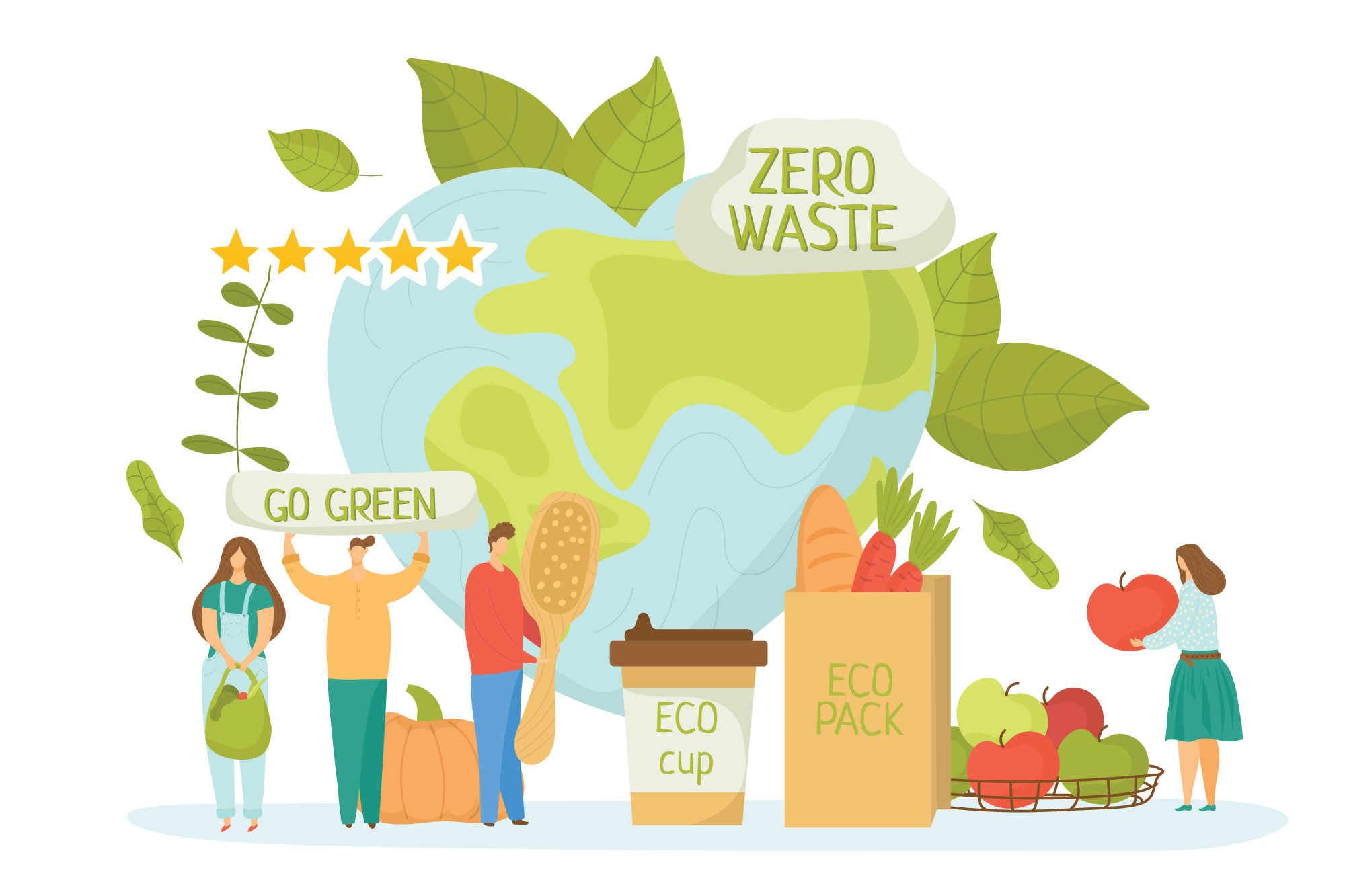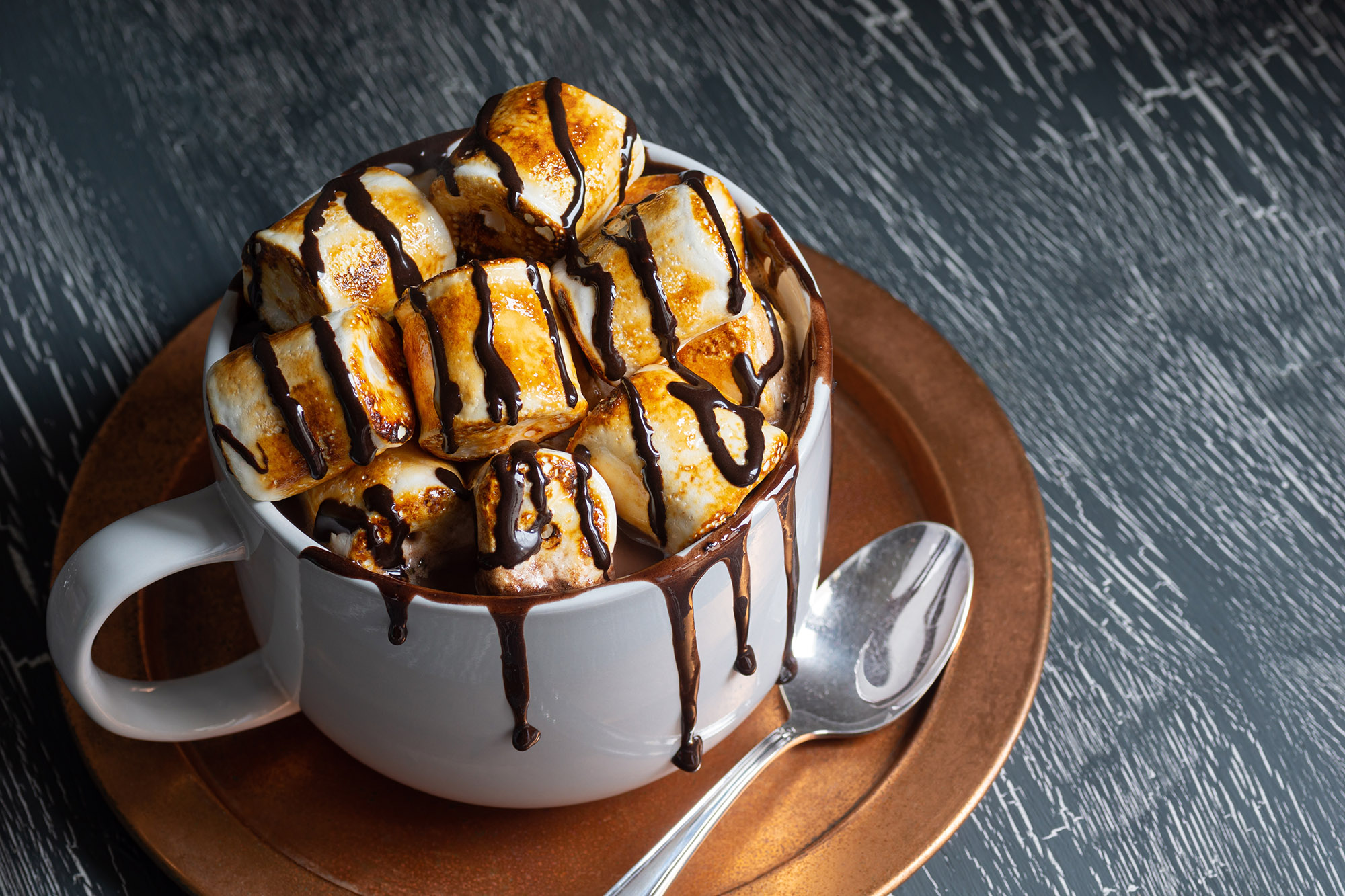
Store Food Properly
Proper storage can significantly extend the life of your groceries. For instance, not all fruits and vegetables belong in the fridge. Items like potatoes, onions, and garlic prefer cool, dark, well-ventilated places. Meanwhile, tomatoes can lose flavor in the fridge and are best kept on the counter. Learning how to store your groceries correctly can prevent premature spoilage.
Practice FIFO (First In, First Out)
When unpacking your groceries, bring older items to the front and place the newly bought items at the back. This method ensures that you use up the older groceries first, reducing the risk of them spoiling.
Portion and Freeze
If you’ve cooked too much or if you have leftovers, don’t let them go to waste. Portion them out in individual servings and freeze. These can serve as quick meals for busy days.
Use Everything
Often, we discard parts of food that are perfectly edible. Broccoli stems, beet greens, and chicken bones for stock are just a few examples. Before you throw anything away, consider if it can be used in a soup, stew, or stir-fry.
Compost What You Can’t Consume
Even with the best intentions, some food waste is inevitable. Composting is a way of returning nutrients back to the earth and reducing the amount of waste going to the landfill. While this doesn’t directly save money, it does contribute to a healthier environment, which is a benefit we all share.
By adopting these waste reduction strategies, you’ll find yourself buying less and using more of what you purchase, ultimately saving money. In our next chapter, we’ll explore how supermarket loyalty and rewards programs can further help you keep your grocery bill in check.








